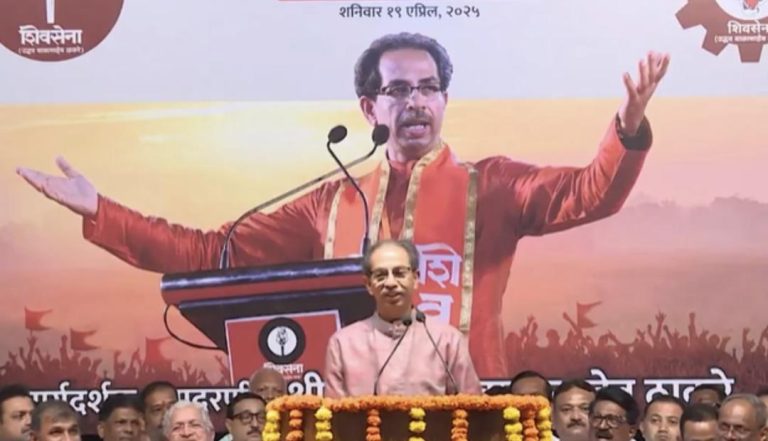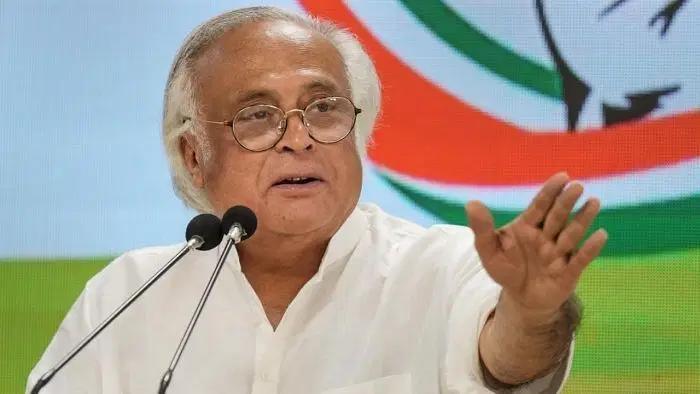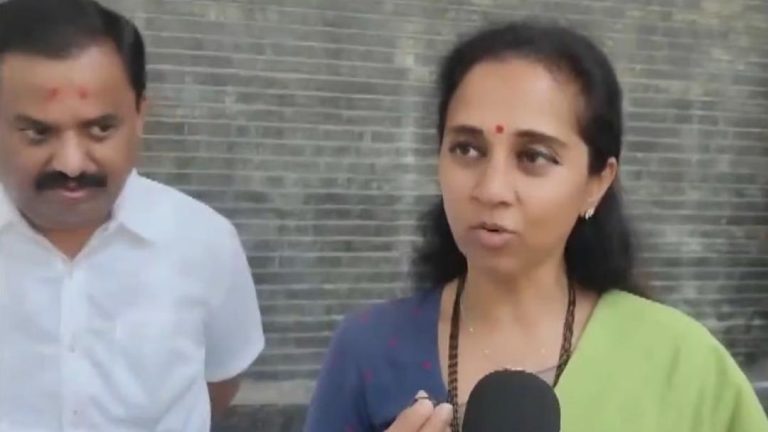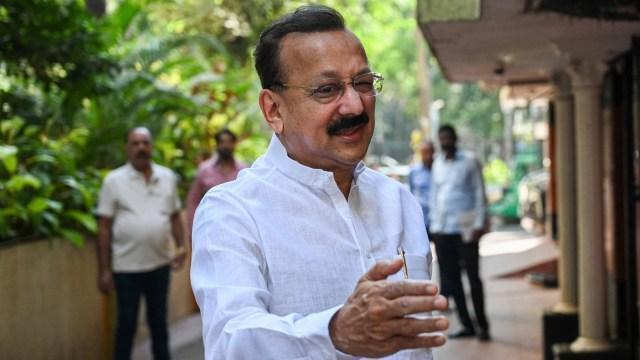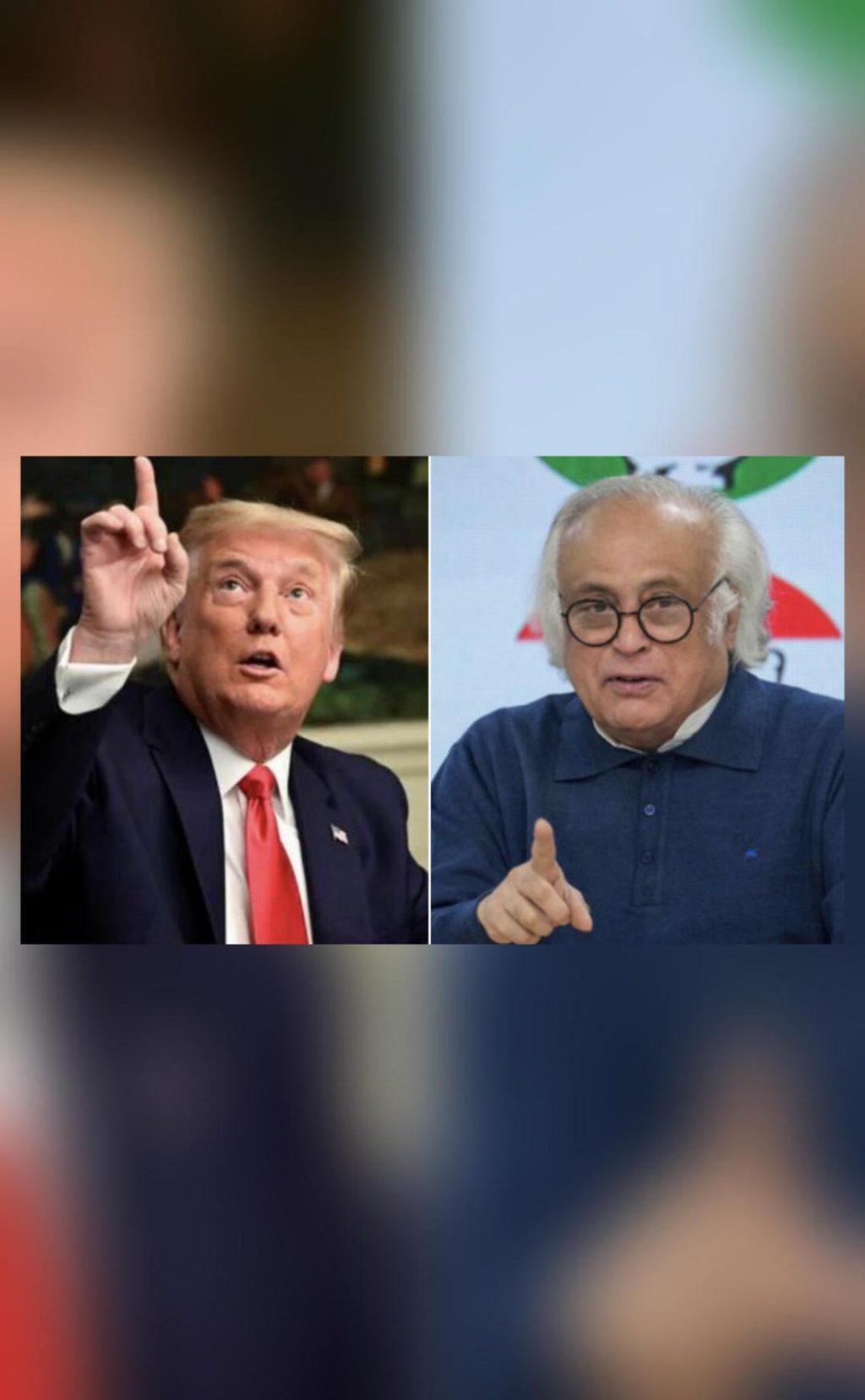
BJP Spreading ‘Fake News’ on USAID Funding: Congress
The controversy surrounding USAID funding in India has taken a dramatic turn with the Congress party accusing the Bharatiya Janata Party (BJP) of spreading “anti-national” fake news. The party’s leader, Jairam Ramesh, lambasted the BJP for its alleged deceitful tactics, citing a recent example of a fake news story that went viral, only to be debunked later.
The controversy began when the BJP and its supporters jumped on a news story claiming that the United States Agency for International Development (USAID) had provided India with $21 million for “voter turnout” in the country. The news sparked outrage among BJP supporters, who saw it as an attempt by the US to influence India’s electoral process.
However, in a shocking revelation, Jairam Ramesh, a senior Congress leader, revealed that the news story was a fabrication. According to him, the $21 million funding was actually meant for Bangladesh, not India. Ramesh’s statement has raised serious questions about the BJP’s credibility and its willingness to spread misinformation.
Ramesh took to social media to express his outrage, saying that the BJP’s actions were an example of “anti-national work” and that the party was a “procession of liars and illiterates”. He also questioned the BJP’s leaders, asking them to explain why they had chosen to spread fake news about USAID funding.
“This is not the first time that the BJP has been caught peddling fake news. They have been doing this consistently, and it’s a shame that they are doing this,” Ramesh said in an interview.
The controversy has sparked a heated debate about the role of foreign funding in Indian politics. While the BJP has been quick to defend its actions, saying that it was justified in questioning the US funding, the Congress party has accused the BJP of trying to deflect attention from its own failures.
The BJP’s reliance on spreading fake news has been a source of concern for many in India. The party’s leadership has been accused of using misinformation to manipulate public opinion and create a false narrative.
In this context, Ramesh’s statement is significant, as it highlights the BJP’s willingness to spread false information to achieve its political goals. The Congress party has long accused the BJP of using propaganda and disinformation to discredit its opponents and create a false narrative.
The BJP’s response to the controversy has been to deny any wrongdoing and to accuse the Congress party of being jealous of its success. However, Ramesh’s statement has raised doubts about the BJP’s credibility and its commitment to transparency.
The controversy has also sparked a debate about the role of foreign funding in Indian politics. While the US has been a significant donor to India, there are concerns that foreign funding can be used to influence India’s electoral process.
The government has denied any wrongdoing, saying that the funding was meant to support democratic institutions and to promote good governance. However, critics argue that the funding could be used to influence political outcomes and undermine India’s sovereignty.
The controversy has also highlighted the need for greater transparency in foreign funding in India. The government has promised to increase transparency in its dealings with foreign donors, but critics argue that more needs to be done to prevent foreign interference in India’s political process.
In conclusion, the controversy surrounding USAID funding in India has once again highlighted the BJP’s willingness to spread fake news to achieve its political goals. Jairam Ramesh’s statement has raised serious questions about the party’s credibility and its commitment to transparency. The controversy has also sparked a debate about the role of foreign funding in Indian politics, and the need for greater transparency in dealings with foreign donors.
